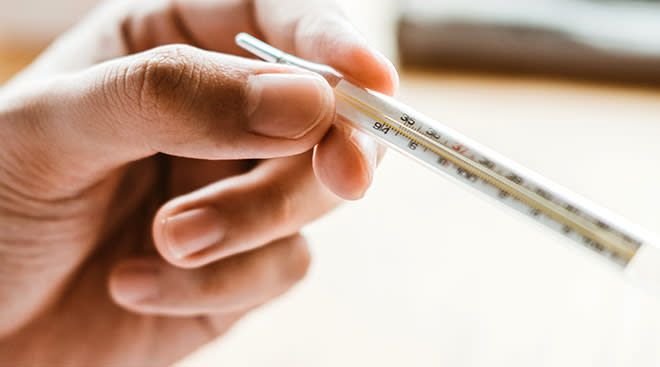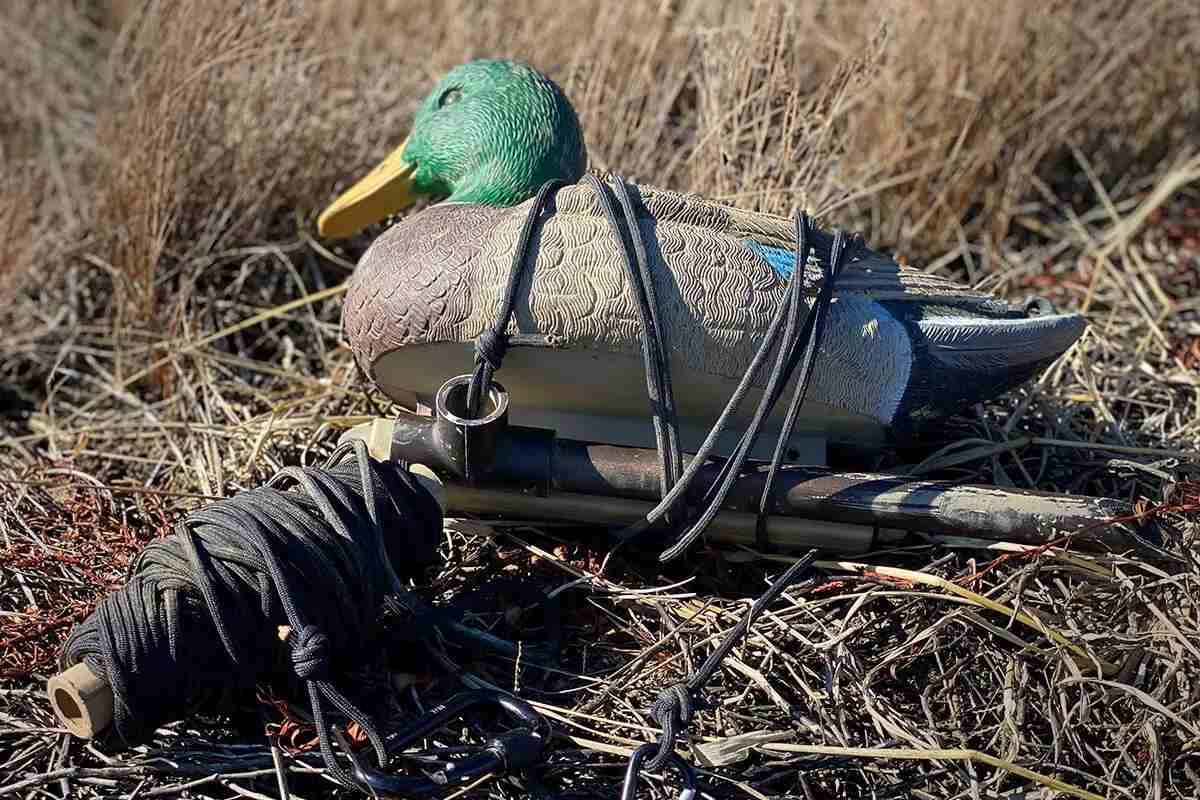Airport Wash Racks for General Aviation – Costs, Equipment and the EPA
Not long ago, a gentleman from a small California airport had asked me what it might cost to set up a fixed site wash rack. Also what sort of equipment was necessary and what sorts of environmental controls were needed for it all. Okay so, I started my first aircraft washing service at age 12-years old, so I know a thing or two about aircraft cleaning. Here are some thoughts on this very good question.
Well, the equipment should be mounted and put into a shed of some type – something low to the ground for low-wing aircraft to taxi over. The airport in question is in a region of California which gets really cold at times. Thus, you have to make sure the water doesn’t freeze, and that you have a pressure relief valve of some type to completely discharge any water in the pump after use, you can’t let it freeze.
If the airport wishes to put in an entire wash pad with a drain in the center that is wise, 1-inch per 5 feet slope, but also I advise putting in a small 4-inch by 6-inch trench with a small grate around it to drain all water from all sides, proper drainage is important due to debris which might get stuck inside, you don’t want to create a mosquito haven or scum build up? Also the wash pad should be up a little bit on a high-point so it doesn’t collect water from elsewhere and puddle.
There is another thought, and that would be some sort of hangar area surrounding the wash rack were an owner might taxi up and pull the aircraft nose under the overhang, protecting folks for rain? Additionally you should ask yourself; will pilots be using degreaser on their firewalls, engines, bellies? If so, that adds costs, challenges with filtration and issues at your local sewer plant, still, it’s probably something the owner’s association there would want.
Let’s talk about costs:
1. If you had a hot water pressure washer, I recommend 5 GPM, 15 HP or electric equivalent, Cat pump 2500 psi, natural gas fired burner, 250 feet of hose, double steel braided, with quick disconnects at 150 feet and 200 feet. With reclaim; $28,000 and without reclaim; $7500
2. If cold water only get a 5.5 HP or electric equivalent, 4.5 GPM, Cat pump 1500 psi. Cost: $1800 about – get multiple bids.
3. Add any building costs + clarifiers that the county or city has you put in. I am thinking $25,000 for a clarifier, $12,000 for the slightly elevated wash pad 4-6″ is all you need to prevent puddles from the ramp or taxiway run-off, and concrete, presuming this will be set right off a taxi way or the side of the ramp.
There are Landa dealers around,try phone book under “pressure washing equipment” category. They can fix you up. Also if you need an above ground freeze resistant reclaim system prior to discharge to city sewer system. If you are on a septic tank, that would be the only way to go or if you were to let the water go for watering the airport grass once filtrated.
Airport EPA rules are pretty strict – everything from de-ice fluid, hydraulic fluids, fuel, etc. – No runoff allowed into water ways. Also check 13.263 of the California water code, pretty strict there too, more so in some cases. They really overdo it, but realize you guys are on high-ground with run-off, no sense in messing up a nice airport, we are lucky to have all the airports we can get for general aviation these days. Please consider all this and think on it.






